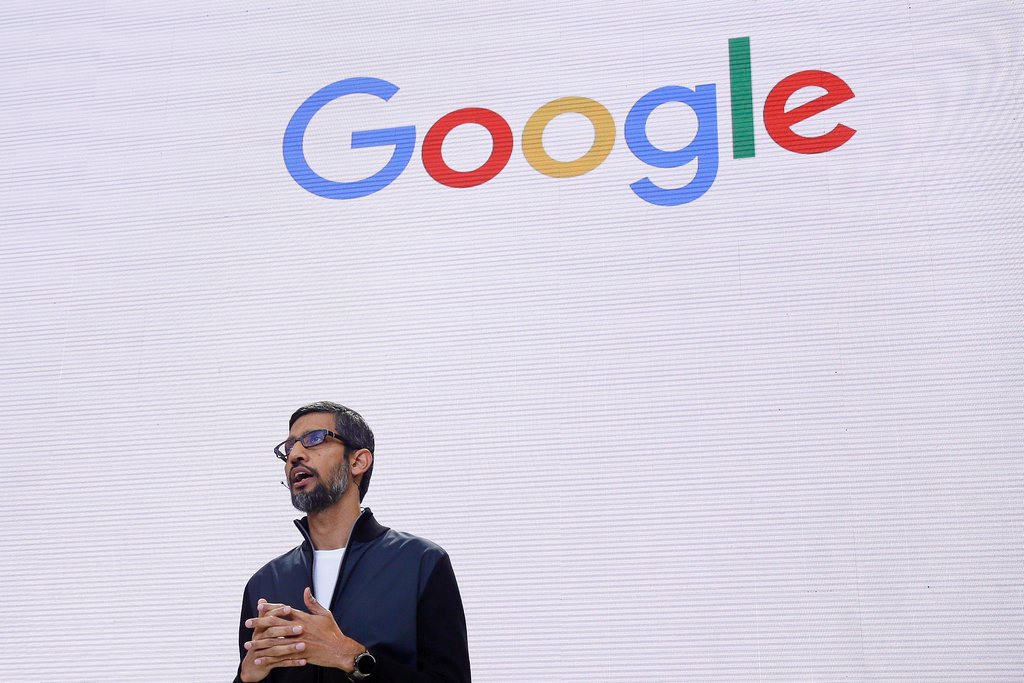A group claiming to represent Google’s “shadow workforce” has launched an appeal to company Chief Executive Sundar Pichai in hopes of getting higher wages and equal benefits for thousands of temporary and contract workers.
![]() In an open letter posted Wednesday on Medium, the temporary, vendor and contract workers (TVCs) say Google’s “silence has been deafening” since approximately 20,000 such workers staged a walkout last month to protest what they called “discrimination, racism, sexual harassment and a workplace culture that only works for some.” The letter was addressed to Pichai and signed only by “TVCs at Google.”
In an open letter posted Wednesday on Medium, the temporary, vendor and contract workers (TVCs) say Google’s “silence has been deafening” since approximately 20,000 such workers staged a walkout last month to protest what they called “discrimination, racism, sexual harassment and a workplace culture that only works for some.” The letter was addressed to Pichai and signed only by “TVCs at Google.”
Those behind the letter argue that there is, in effect, a caste system at Google that sets up its TVCs as second-class citizens who aren’t given the same respect as full-time Google employees.
“We do essential work, from marketing, to running engineering teams, to feeding you and the rest of the Google staff — all without fair benefits or recognition. Google cannot function without us,” said the open letter, which asserted that TVCs now make up the majority of the company’s total workforce.
The TVCs called upon Google to provide “better pay and access to benefits that meet the full-time employee standard,” including “high-quality healthcare, paid vacations, paid sick days, holiday pay, family leave, and bonuses,” as well as a more-transparent process by which TVCs can convert to full-time employment.
The TVCs also said that Google doesn’t give them enough, or appropriate information about matters at the company that have a direct effect on their jobs. Among the issues they raised was when an active shooter was on the Google campus in April, and they were left in the dark about the situation as it unfolded.
“The company sent real-time security updates to full-time employees only, leaving TVCs defenseless in the line of fire,” the letter stated. “TVCs were then excluded from a town hall discussion the following day.”
A Google spokesperson replied to the TVCs’ letter by saying that since those workers are hired by outside companies, they are not allowed access to sometimes specific or confidential information that can be discussed at meetings for full-time employees.
With regards to on-site safety matters, the spokesperson said that during the April shooting incident the company worked to give TVCs the same updates on the situation as those sent to full-time workers, but that, at times, those updates needed to be sent via different emails or through the TVCs’ employers.










